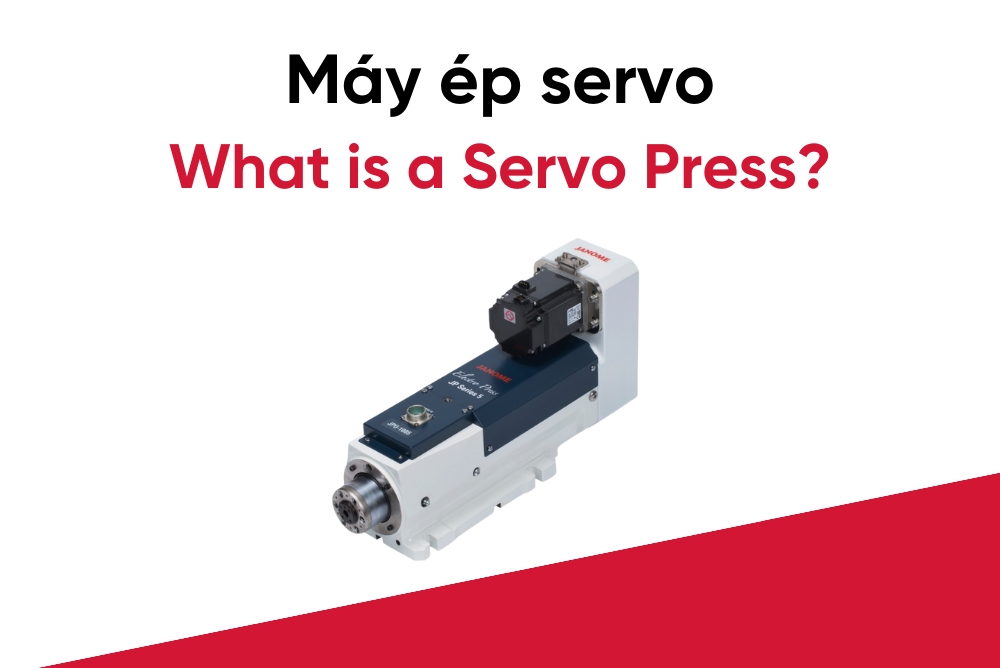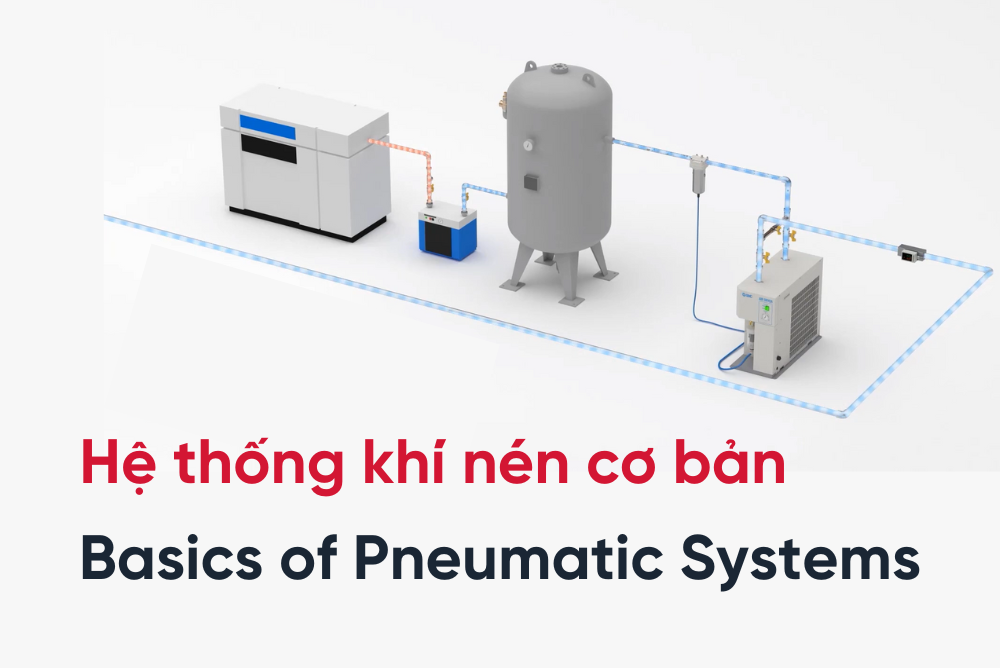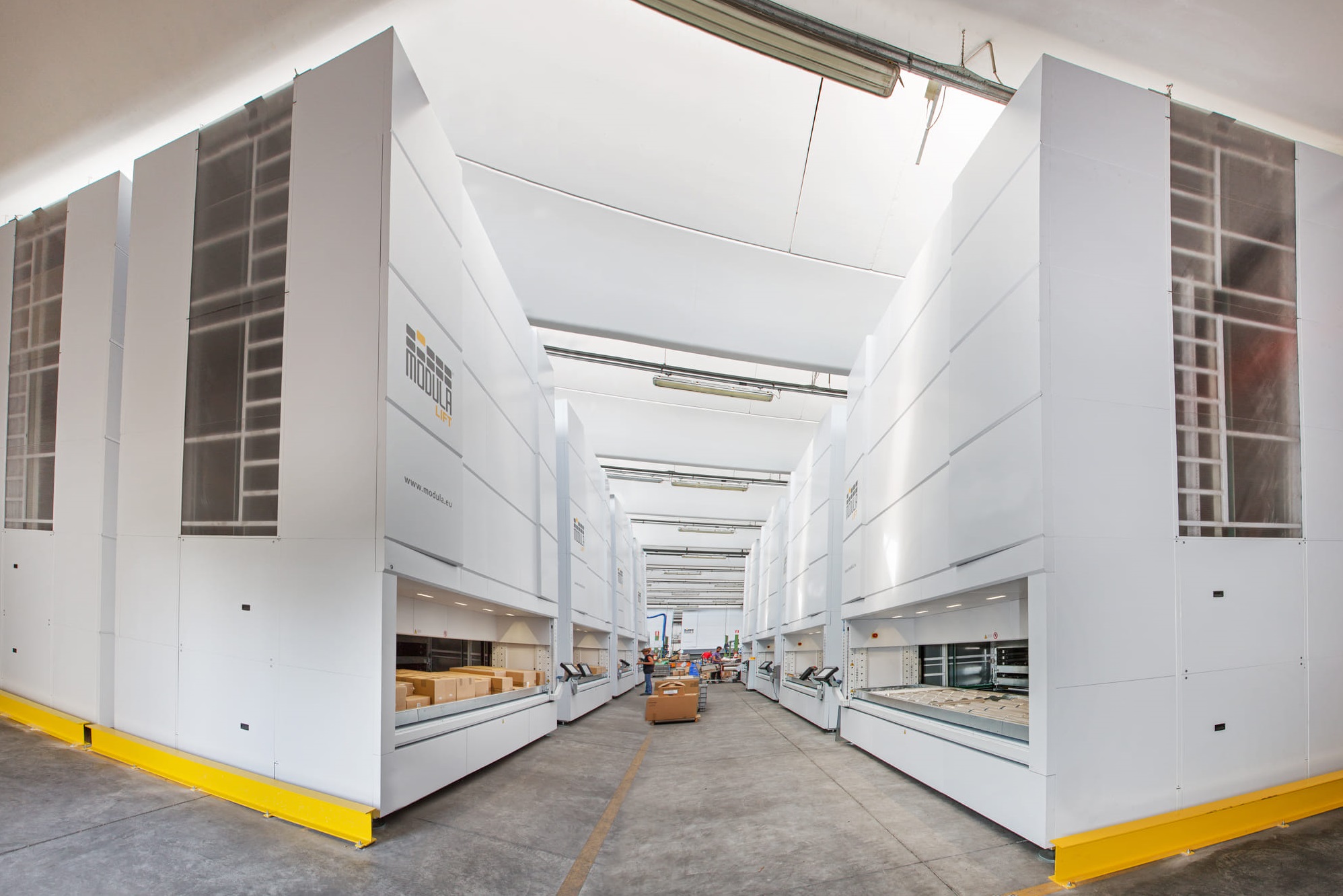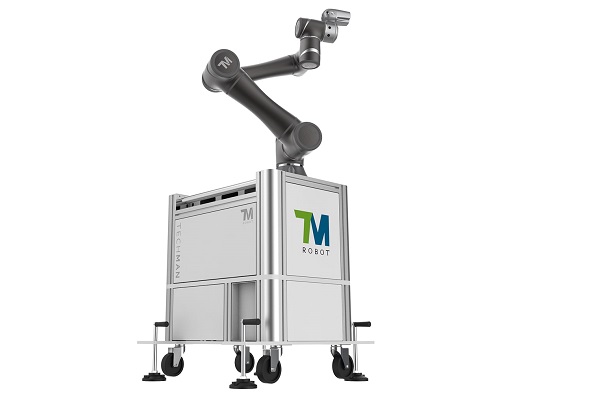A servo press is not just a tool; it is an advanced technology that delivers maximum efficiency and precision in the pressing process. With precise and flexible control capabilities, it has become a significant milestone in modern manufacturing. Discover the 4 reasons to choose a servo press in the article below!
What is a Servo Press?
According to Temas, a servo press is a fully integrated system combining mechanical components, electrical systems, sensors, and software to create an ideal device for pressing and quality control throughout the entire process.
Servo Press
4 Reasons to Choose a Servo Press
| Precise Control | Servo presses use servo motor technology to precisely control the pressing force and speed, resulting in higher accuracy and consistency in the final product compared to other types of presses. |
| Versatility | The ability to adjust the pressing force, speed, and position with a servo motor allows the servo press to work with various materials and product sizes, from plastics to metals, and from small to large products. |
| Resource Efficiency | Servo motor technology is more energy-efficient than traditional hydraulic and pneumatic presses, helping to reduce operational costs and minimize material waste. |
| Technology Integration | Servo presses often have the capability to integrate with new technologies such as artificial intelligence and IoT, creating opportunities for innovation and creativity in the production process. This includes optimizing processes and enabling remote monitoring and control. |
Choosing a servo press not only enhances product performance and quality but also offers flexibility and creativity in the manufacturing process. It is an investment that boosts productivity and provides long-term economic benefits for manufacturing businesses.
Operating Principle of a Servo Press
A servo press operates based on precise control of the position and speed of the servo motor to perform the pressing process. The operating principle of a servo press involves the following basic steps:
- Feedback of Status: Initially, the servo press receives feedback from sensors regarding the position, pressing force, or pressure exerted on the material to determine the current status of the pressing process.
- Signal Processing: Data from the sensors is sent to the processing unit within the servo press. The controller compares the actual data with predefined values to determine necessary adjustments.
- Servo Motor Control: Based on the feedback information, the controller adjusts the control commands to the servo motor. This command includes information about the required position to move, pressing force, or speed of pressing depending on the specific requirements of the manufacturing process.
- Pressing Process Execution: The servo motor executes movements based on the control commands from the controller. It precisely adjusts the position and pressing force on the material, ensuring that the pressing process meets the predetermined requirements.
- Continuous Feedback: This process occurs continuously with ongoing feedback of position and status from the sensors. The servo motor is adjusted to maintain accuracy and consistency throughout the pressing process.
Applications of Servo Presses in Manufacturing
Servo presses are commonly applied in manufacturing processes that demand high precision and flexible adjustment capabilities, enhancing product quality and production efficiency.
- Automotive Manufacturing: Servo presses are used to create parts such as seat back covers, door panels, and plastic components in the engine compartment. The ability to adjust pressure and pressing speed ensures precise and uniform part production.
- Electronics Industry: In the electronics sector, servo presses are utilized to press extremely thin layers of materials with high precision, ensuring reliable connections and stable operation of electronic components.
- Plastics and Rubber Manufacturing: Servo presses are employed to produce a wide range of products from plastic bags to automotive parts, leveraging their capability to adjust pressure and temperature during pressing.
- Pharmaceutical and Food Industries: In pharmaceutical and food production, servo presses are used to manufacture products such as capsules, packaging, and food items that require high hygiene standards and accuracy.
Currently, there are numerous companies offering servo presses of various sizes on the market. Temas designs and manufactures a variety of servo press products, including the Janome JP-S2 Series and Janome JP Series 5. The outstanding advantages of Temas servo presses include:
- Ease of use, data storage, management, and report extraction, suitable for Industry 4.0
- Enhanced product quality through force management, stroke, speed, and position control during pressing
- Energy saving, reduced maintenance time and costs
- Improved working environment
Please feel free to contact us with your product requirements via email info@temas.vn or by phone at (+84) 24 3386 1691/24 3795 7839 (Hanoi) or (+84) 28 2243 0303 (Ho Chi Minh City).


 Read more
Read more



